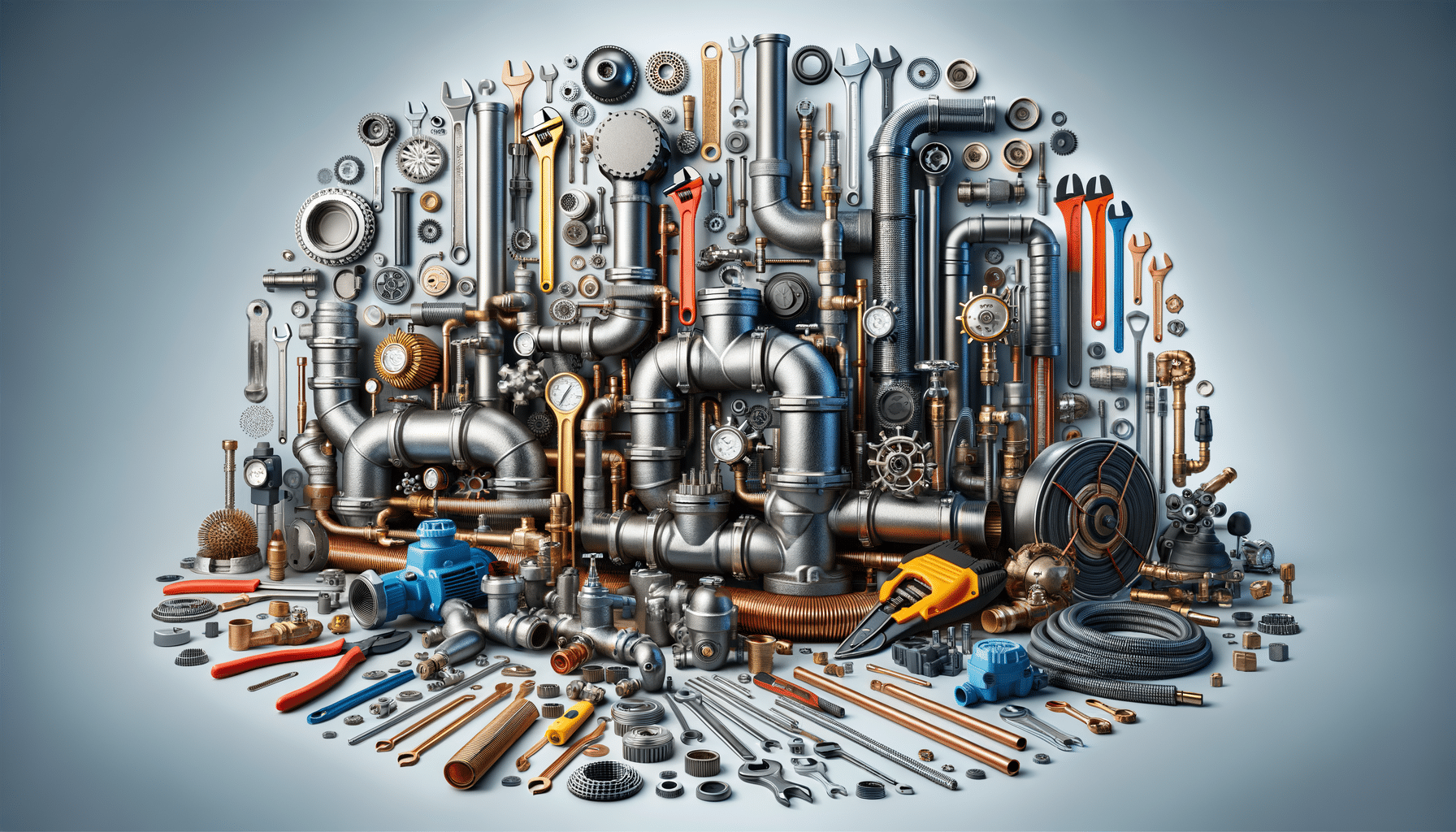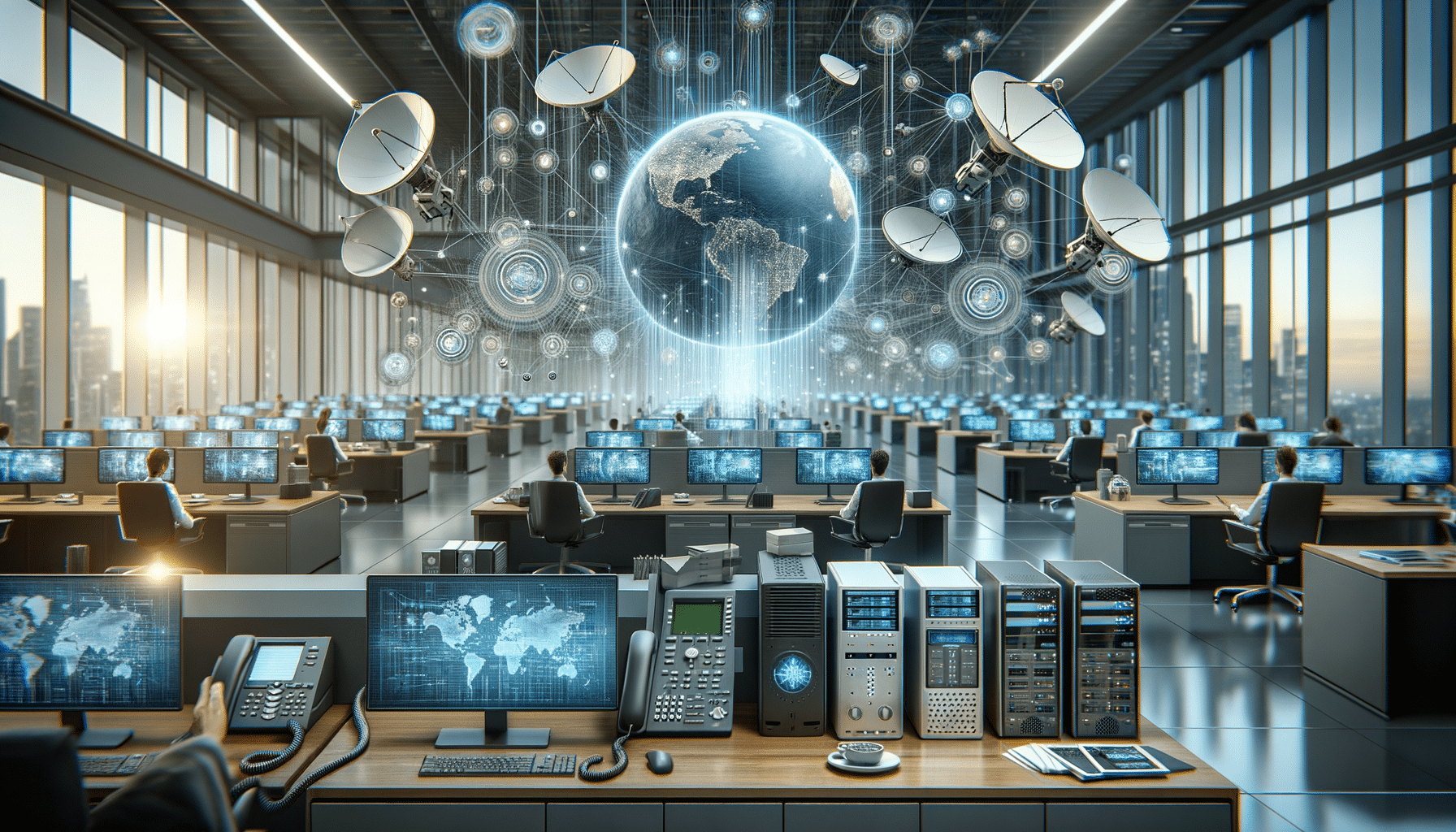
Plumber
The Essential Role of Plumbing in Modern Homes
Plumbing is a cornerstone of modern living, providing convenience and sanitation that many of us take for granted. It is an intricate system that ensures the delivery of clean water and the removal of waste, playing a critical role in maintaining public health and hygiene. The history of plumbing dates back to ancient civilizations, where rudimentary systems were developed to manage water supply and waste disposal. Today, plumbing has evolved into a sophisticated network of pipes, valves, and fixtures that serve residential, commercial, and industrial needs.
One of the most significant contributions of plumbing is its impact on public health. By providing access to clean water and facilitating efficient waste removal, plumbing helps prevent the spread of diseases and promotes a healthier living environment. Additionally, modern plumbing systems are designed to conserve water, a vital resource, through innovations such as low-flow toilets and faucets.
In residential settings, plumbing is essential for daily activities such as bathing, cooking, and cleaning. It also plays a crucial role in heating systems, ensuring that homes remain comfortable during colder months. The convenience and comfort provided by plumbing systems are integral to the quality of life enjoyed in modern homes.
Understanding the Components of a Plumbing System
A typical plumbing system consists of several key components, each serving a specific function. Understanding these components can help homeowners manage and maintain their plumbing systems more effectively.
- Water Supply System: This component is responsible for delivering clean water from a municipal source or a private well to the home. It includes pipes, valves, and fixtures that distribute water to various parts of the house.
- Drainage System: Also known as the waste removal system, this component carries wastewater away from the home to a septic tank or a municipal sewage system. It includes drain pipes, traps, and vents that ensure the smooth flow of waste.
- Vent System: Vents are crucial for maintaining proper air pressure in the drainage system, preventing the buildup of harmful gases and ensuring efficient waste removal.
- Fixtures and Appliances: These include sinks, toilets, showers, and appliances like dishwashers and washing machines that rely on the plumbing system to function.
Each component of the plumbing system must be properly installed and maintained to prevent leaks, blockages, and other issues that can lead to costly repairs and water damage.
Common Plumbing Issues and Their Solutions
Even the most well-maintained plumbing systems can encounter issues over time. Some common plumbing problems include:
- Leaky Faucets: Often caused by worn-out washers or seals, leaky faucets can waste a significant amount of water. Replacing the faulty components usually resolves the issue.
- Clogged Drains: Hair, grease, and other debris can accumulate in drains, leading to blockages. Regular cleaning and the use of drain screens can help prevent clogs.
- Running Toilets: A running toilet can waste gallons of water daily. This issue is typically caused by a faulty flapper valve or fill valve, which can be replaced to restore proper function.
- Low Water Pressure: Mineral deposits, leaks, or issues with the municipal water supply can cause low water pressure. Identifying and addressing the underlying cause can improve water flow.
For more complex issues, such as pipe leaks or sewer line problems, it is advisable to consult a professional plumber to ensure safe and effective repairs.
The Importance of Regular Plumbing Maintenance
Regular maintenance is essential for keeping plumbing systems in optimal condition and preventing costly repairs. Homeowners can take several steps to maintain their plumbing systems, including:
- Inspecting for Leaks: Regularly checking pipes, faucets, and appliances for leaks can help identify issues early and prevent water damage.
- Cleaning Drains: Periodically cleaning drains with natural solutions or enzymatic cleaners can prevent clogs and maintain smooth water flow.
- Checking Water Pressure: Ensuring that water pressure remains within the recommended range can prevent strain on pipes and fixtures.
- Flushing Water Heaters: Draining and flushing water heaters annually can remove sediment buildup and extend the appliance’s lifespan.
By performing regular maintenance, homeowners can enhance the efficiency and longevity of their plumbing systems, ensuring reliable performance for years to come.
Choosing the Right Plumbing Services
When plumbing issues arise, selecting the right plumbing services is crucial for ensuring quality repairs and installations. Here are some factors to consider when choosing a plumbing service provider:
- Experience and Expertise: Look for plumbers with extensive experience and knowledge in handling various plumbing issues. Experienced professionals are more likely to provide effective solutions.
- Licensing and Insurance: Ensure that the plumbing service provider is licensed and insured, which protects homeowners from liability in case of accidents or damages during repairs.
- Reputation and Reviews: Research customer reviews and testimonials to gauge the reputation and reliability of the plumbing service provider. Positive feedback from previous clients is a good indicator of quality service.
- Pricing and Transparency: Request detailed estimates and ensure that the pricing is transparent, with no hidden fees. Comparing quotes from multiple providers can help homeowners find the best value for their needs.
By carefully selecting a plumbing service provider, homeowners can ensure that their plumbing systems receive the professional care and attention they deserve.


